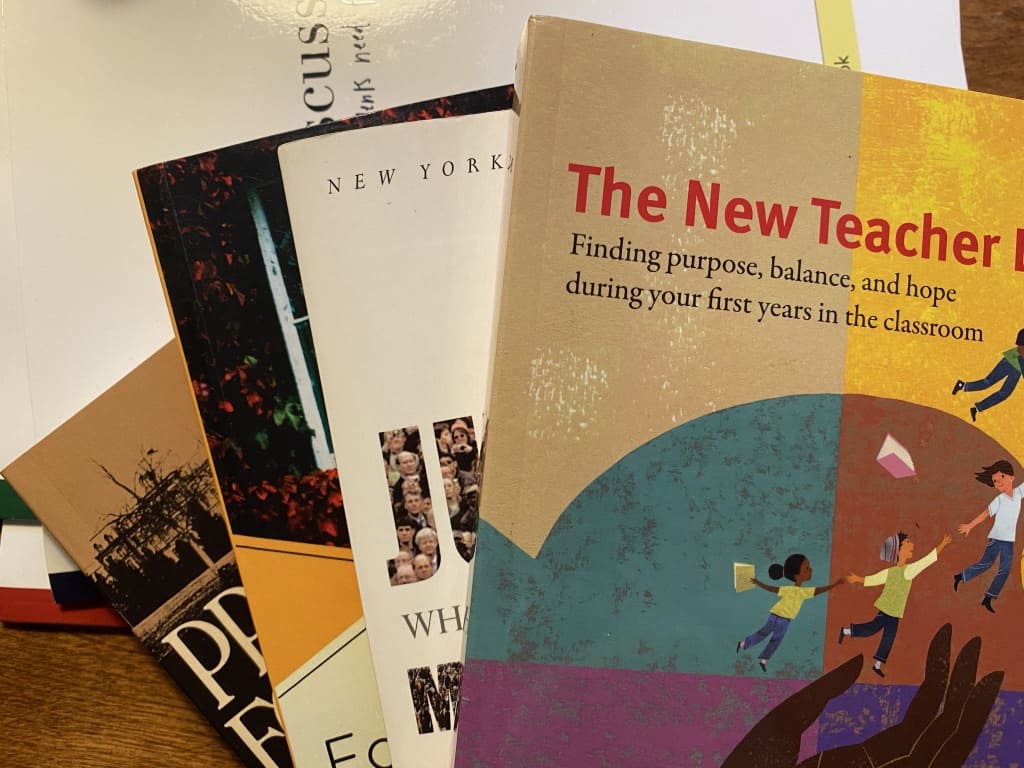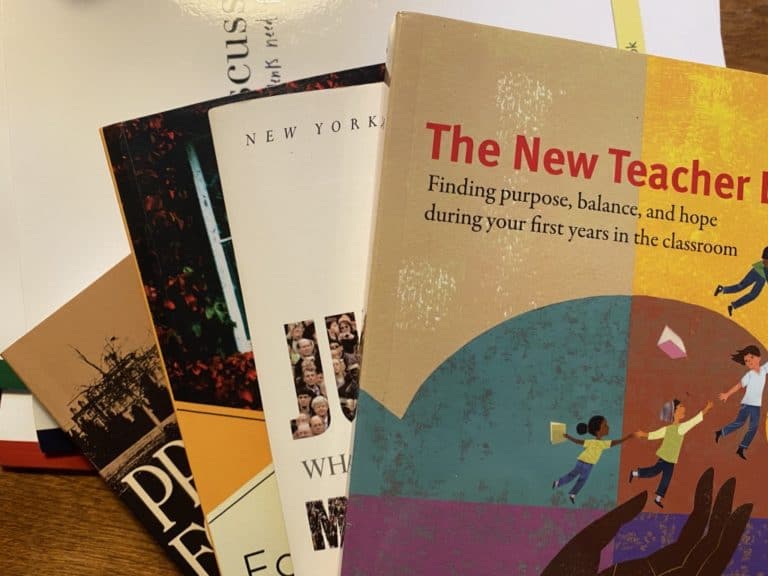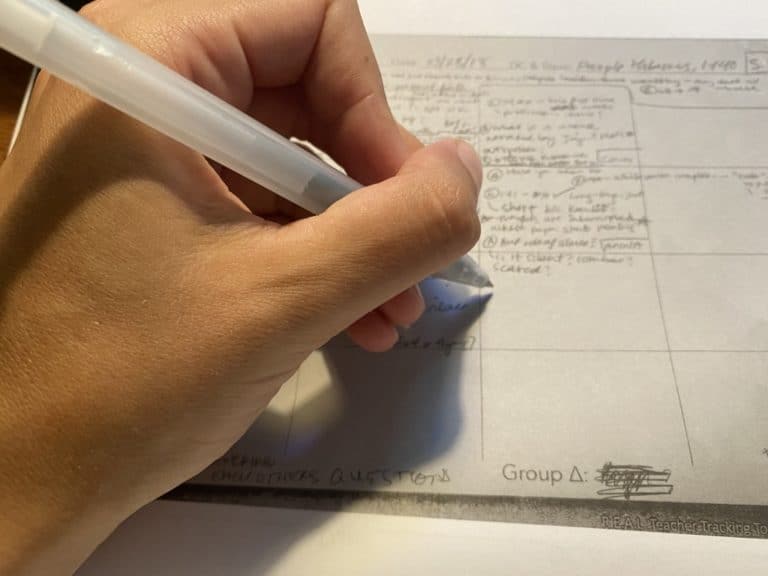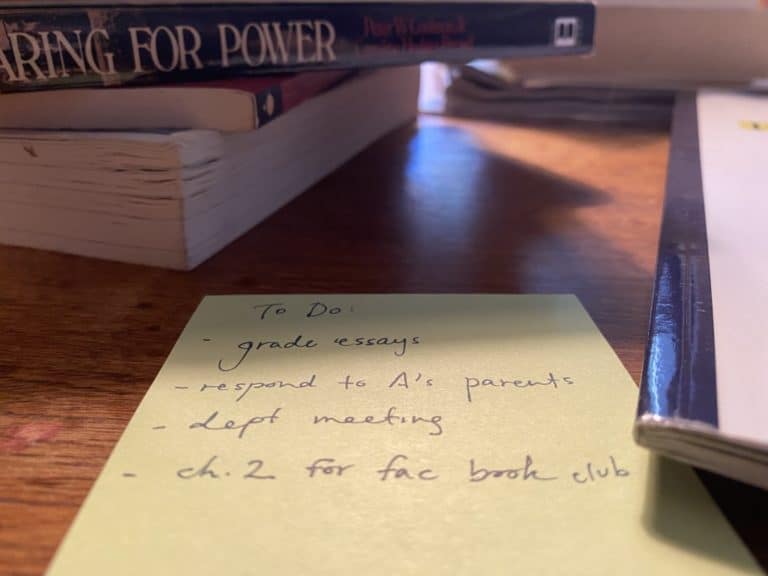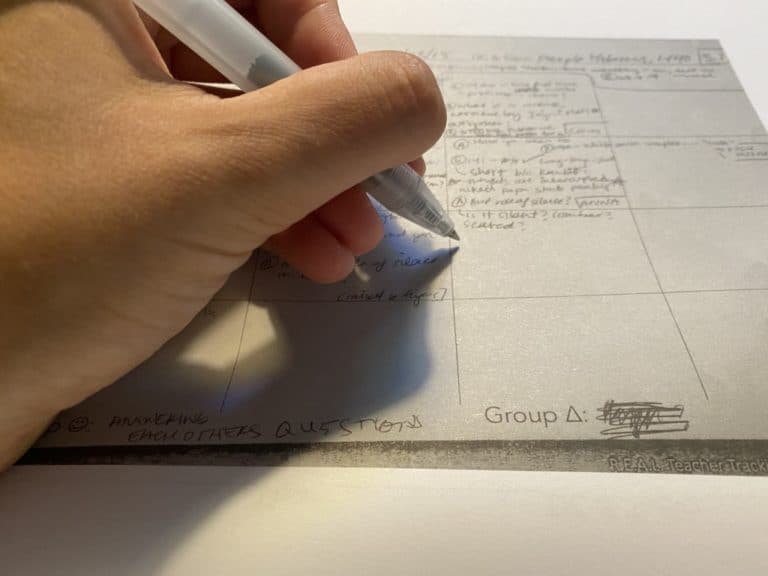Footnotes: Video Reflections to promote Text-Centered discussion
Footnotes posts summarize the newest research related to student-led discussion. Think of it as teacher-approved SparkNotes (with better citations) for papers published by top schools of education, research-based websites, and think tanks.
This week’s featured research, from The Reading Teacher (doi:10.1002/trtr.1803), explores the possibility that and means by which video can enrich student-centered, text-centered discussion. Matsumara et. al.’s “Harnessing the Power of Video to Increase Classroom Text Discussion Quality” addresses the fact that “rigorous interactive discussions” are “challenging to implement, even with professional development support” and introduce one new way to approach them: guided reflections on video of the discussions themselves.
Almost like a game tape session for a football team, the researchers’ process centered on individual, coached, and collaborative reflections upon filmed classes. Importantly, they note, school leaders should build comfort for teachers around this reflection, just as one would with a student, by affirming that videos will not be used for evaluation or hiring, but rather for skill development. Importantly, too, the coach (leader) and the teacher should work together to determine which pedagogical goals the reflection seeks to focus on. Though the researchers break down skills according to an Accountable Talk framework for student-centered discussion, we imagine that any framework or system for discussion skills could apply in a similar way. Matsumara et. al. then propose a process through which individual teacher curation and reflection upon the class happens first, followed by coach review and then a final conversation to determine areas for action and growth. Notably, each meeting grounds pedagogical development through evidence-based reflection. This evidence-centrism, we find, can be a powerful antidote to bias in professional development, and tagging teacher moves to a framework of key discussion language shared by both teacher and coach can empower both to ensure positive and constructive communication about classroom practice. We recommend this article especially for school leaders looking to energize teachers around effective, student-centered discussions while honoring their extant expertise.
